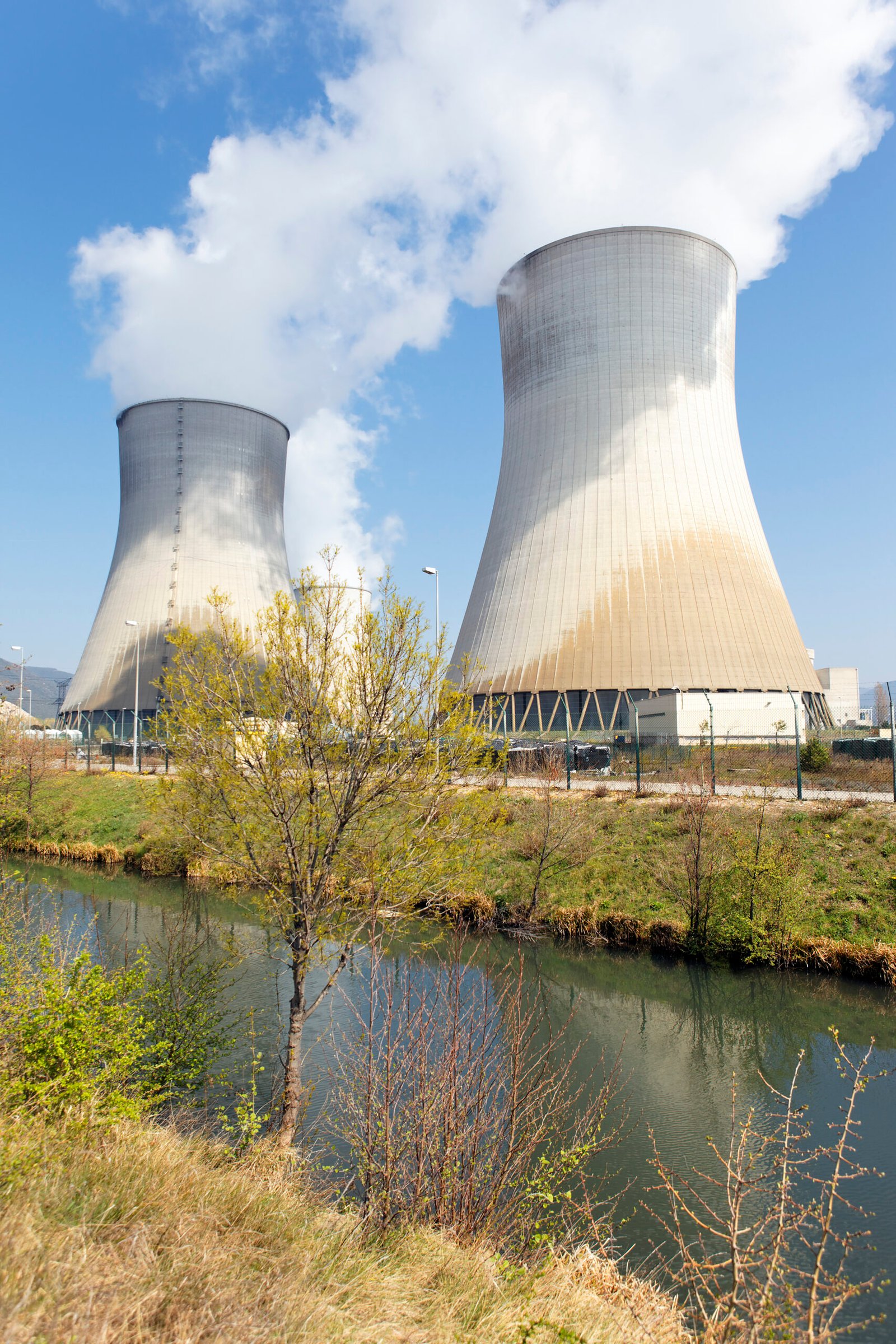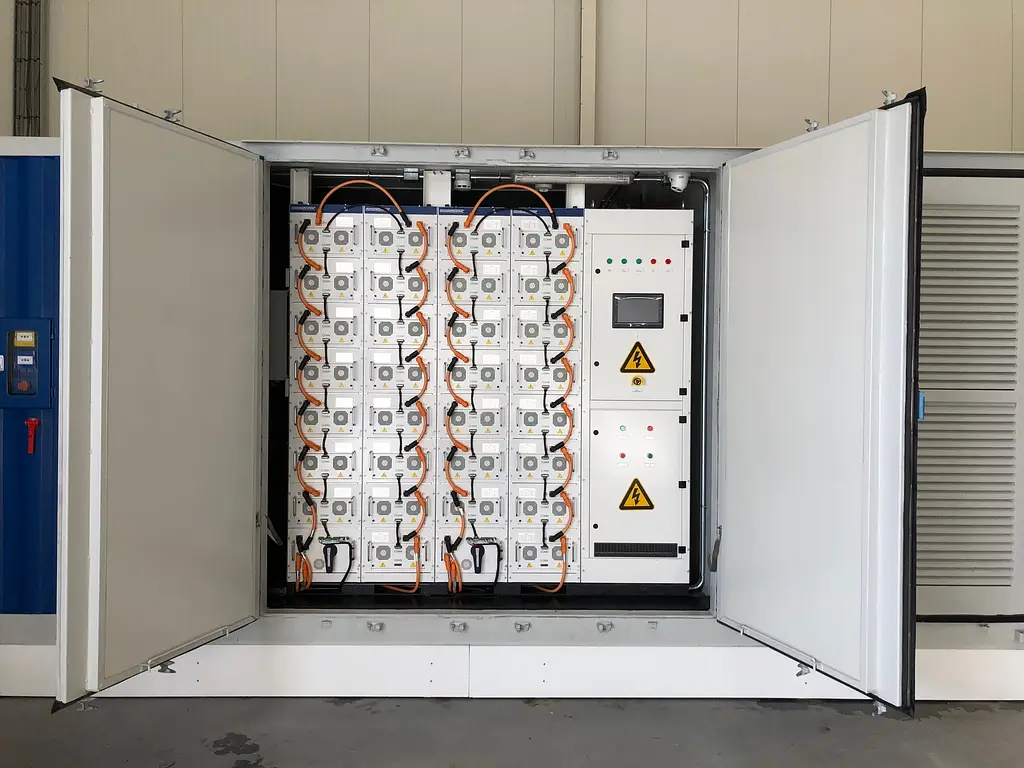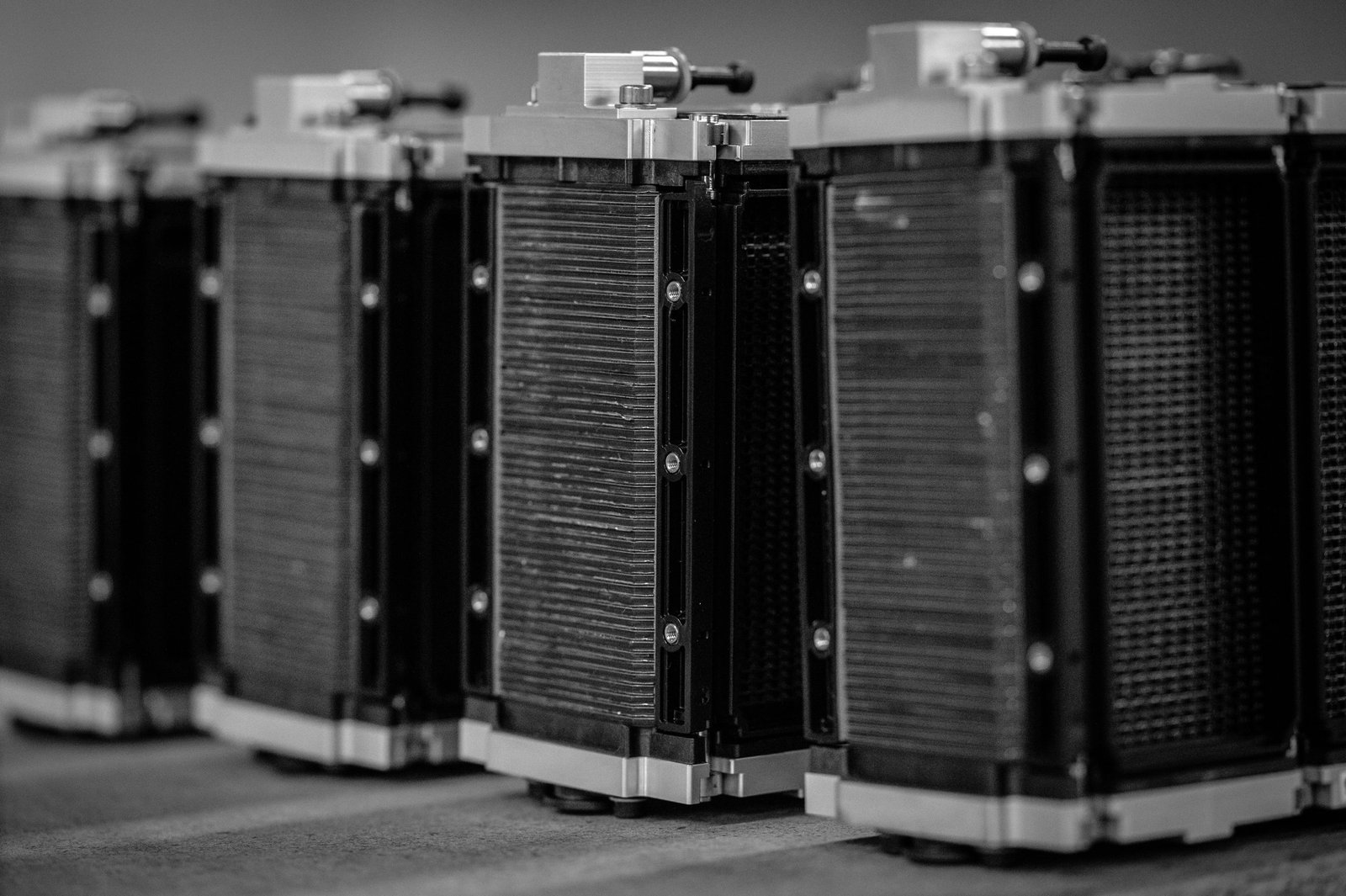ENERGY STORAGE SYSTEMS
Commercial energy storage systems are becoming increasingly a game changer, offering new possibilities for efficiency and sustainability. This energy storage systems store energy for later use, and can include batteries, pumped hydro, compressed air, and thermal energy. There are several types of energy storage systems utilized by utility companies, industrial customers, and renewable energy operators.

Types of energy storage systems
Pumped hydro storage is a method of storing energy in the form of gravitational potential energy. It involves two water reservoirs at different elevations. When there’s excess electricity, water is pumped from the lower to the upper reservoir.
During periods of high electricity demand, water is released back to the lower reservoir, passing through turbines to generate electricity. The system is especially useful for balancing the electric grid during fluctuations in supply and demand.
In thermal energy storage, materials like salt, water, and rocks are heated and stored in insulated areas. When energy is needed, cold water turns the stored heat into steam, which drives turbines to generates electricity. This method can also be used for heating and cooling buildings.
The battery storage solutions primarily use lithium-ion batteries for short-term storage, averaging four hours, and utilized to balance supply and demand in real time. Lithium-ion batteries is becoming more affordable and have more commercial applications. Although batteries like flow and solid-state batteries offer more benefits for longer storage and safety but come with higher costs, making sparse in the market.

Hydrogen fuel cells generate electricity by combining hydrogen with oxygen. They are quiet, reliable, and eco-friendly. The cells can also produce hydrogen through electrolysis when electricity is cheap, storing it for later electricity generation. However, their widespread use is limited by high costs, as they require many expensive elements to construct.
Things To Consider Before Purchasing Energy Storage Systems For Your Businesses
Buying a commercial and industrial storage system for your business requires thoughtful planning. We work closely with our clients to address the following points and ensure the best solution is selected for their needs:
Before investing in an energy storage system, analyze your current and future energy needs, considering factors such as power consumption, peak load periods, and potential changes. Our information should help you determine the appropriate size and capacity of the storage system.
Conduct a cost-benefit analysis to ensure the investment is financially viable. Consider purchase, installation, and operational costs, as well as expected savings and advantages.
Ensure that the energy storage system can be seamlessly integrated into your existing infrastructure, including power generation systems, control mechanisms and network connections.

By considering these important factors, you can make the right decision and find an energy storage system that perfectly suits your organization’s needs and requirements.
Do you have any questions about our products and services?
If you are planning your energy storage project, please contact us.
